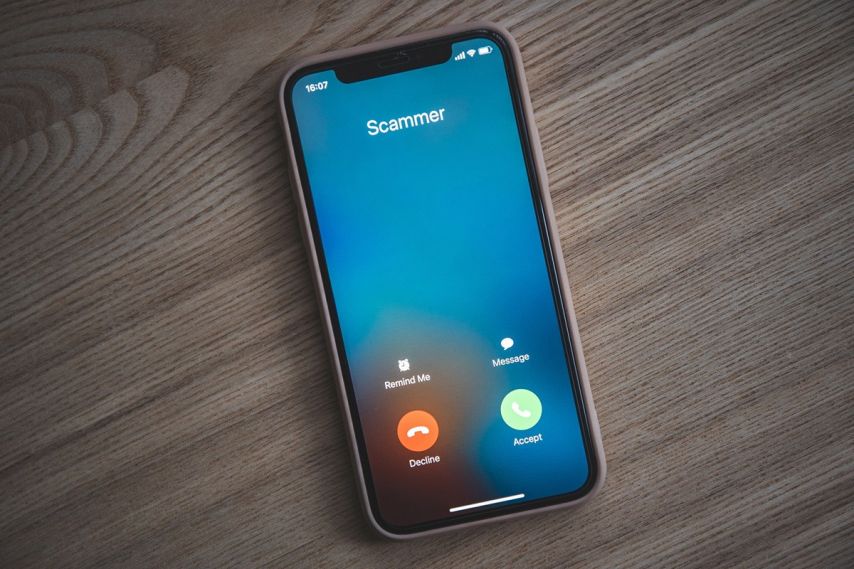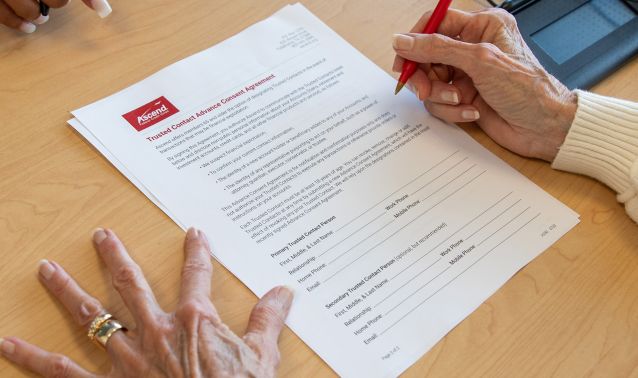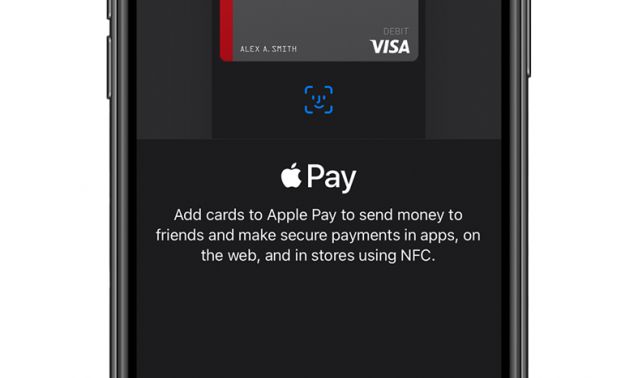Protect Yourself from Call Forwarding Scams
Share this article:

In the age of digital transactions, protecting your personal information is paramount. Knowing the signs of attempted fraud and how to combat against it is crucial to keeping your personal and financial information safe. While certain scam tactics have been practiced for years and may seem easy to identify, others may be harder to spot, like call forwarding scams. In this blog, we will shed light on call forwarding scams and provide practical tips to keep your finances secure.
What is a call forwarding scam?
In a call forwarding scam, fraudsters pose as a trusted individual, business, or financial institution, and via phone or text message, instruct their targets to dial a specific phone number (usually preceded with *401* or *72.) When the victim dials the phone number, they inadvertently set up call forwarding with the scammers. Once this has been done, the scammer has gained unauthorized access to the victim’s incoming calls. From here, they can intercept a variety of personal information such as PINs, passwords, and authentication codes.
How to protect yourself from call forwarding scams:
You can proactively combat call forwarding scams and other fraud attempts by following these tips:
- Be vigilant about sharing personal information, especially if you get a suspicious call, email, or text message claiming to be from a trusted individual or business.
- Be suspicious of any caller who asks you to dial a number to fix a problem with your account. You can check to see if you have call forwarding enabled by viewing the settings on your phone.
- In a practice known as Spoofing, caller ID can be manipulated by scammers to display a trusted number. If you are unsure about a caller, hang up and contact the institution directly to confirm the legitimacy of the call.
- Enable two-factor authentication on apps that contain sensitive data.
- Regularly monitor your accounts for suspicious or unusual activity.
If you have an account with Ascend, please remember that our representatives will never:
- Ask a member to reply to a suspicious text message or dial a phone number beginning with *72
- Ask a member for their account number via email or text message
- Ask a member to share their user ID or digital banking password
- Ask a member for a one-time passcode
- Ask a member to send money via Zelle to make their account current or “in good standing”
- Call a member to verify a Zelle transaction
Since elderly members can be particularly vulnerable to becoming a victim of a financial crime, Ascend members aged 65 years or older can benefit from an additional layer of account protection with our Advance Consent Agreement. This form gives Ascend authorization to contact a designated “trusted contact” in the event Ascend suspects fraud or abuse. Speak with an Ascend representative to learn more.
From our robust card controls to our secure digital banking platform, safeguarding member information remains our top priority at Ascend. If you believe you’ve fallen victim to a scam, contact us immediately at 800-342-3086. For additional tips to help protect your personal and financial information from scammers, visit our fraud prevention page or our blog on cryptocurrency scams.



